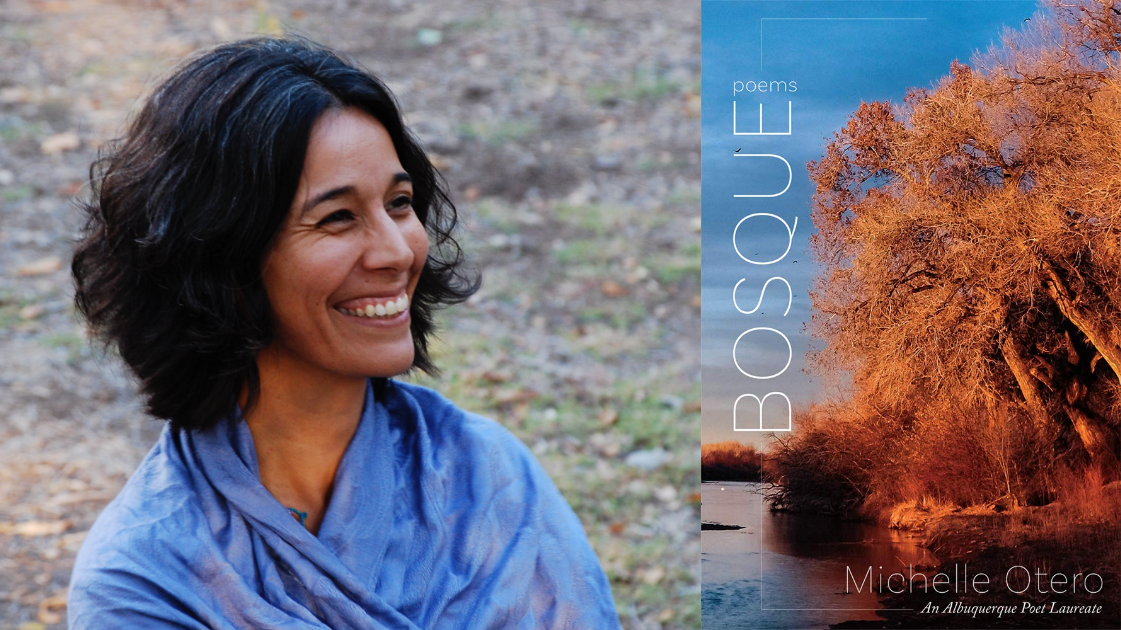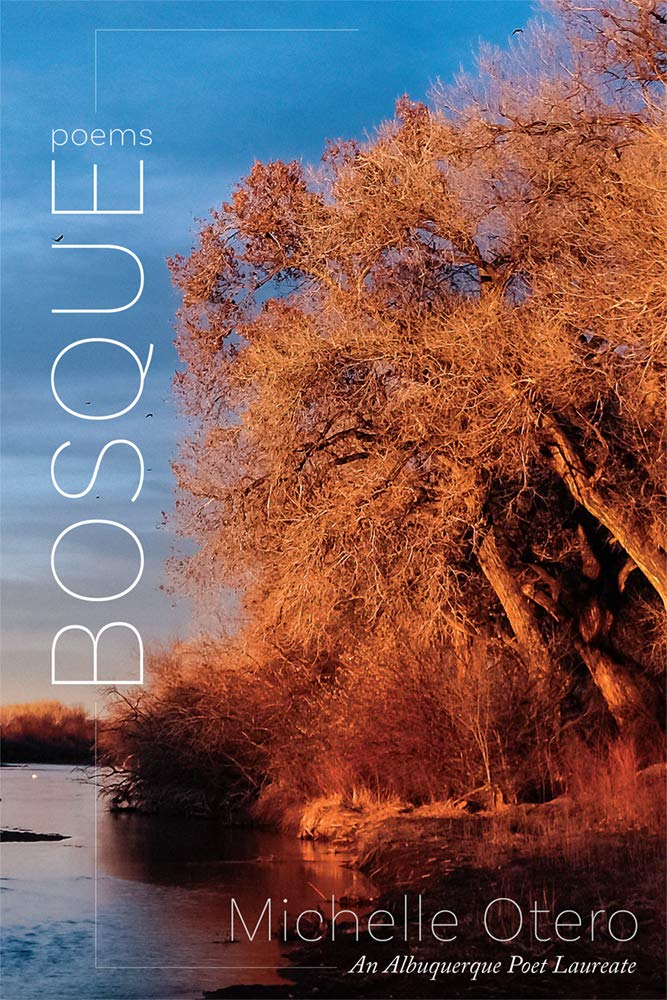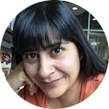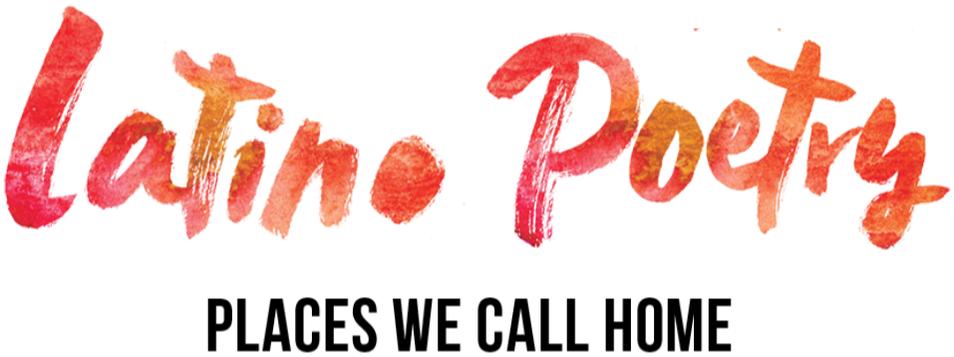Bosque
Michelle Otero
|
To define something is to create a strict border detailing a set of criteria allowing one to easily recognize whether an item fits within the parameters of the definition or not. The act of defining any one thing is an easy way to essentialize any one thing. The opposite of creating essentialist definitions is the collection of Michelle Otero’s book of poems titled Bosque. Otero’s poetry tampers with the notion of strict definitive borders through many of the poems’ structural approach to repetition. In her poem titled “How to Write About Service,” Otero begins each of the first four stanzas with a repetitive statement instructing the reader on how to write about service; but, each first-line sentence provides an alternate approach to do this. The narrator states: “Remember the grandmothers, tortillas/To write about the service remember the grandfathers/Remember Mother. She taught elementary school/Remember Father, who sold your Girl Scout cookies” (19). In the spirit of multiplicity, this poem presents numerous interpretations of how to write about service, disrupting the notion of one strict definition. This spirit of diverseness which entails exploring multiple definitions of any item, winds throughout the collection of poems, and with the poems’ structural use of repetition, the focus for the poems becomes the numerous ways in which any one thing can be defined. When not using repetition, the poems evolve into artistic metaphor wherein items continue to be defined in complex, multi-layered ways. For example, in the poem “Ode to the Makers,” the narrator asserts in the final stanza: “Praise the artisans, the hands that hold us, /those who re-member/and give us back to ourselves/sin tí, no seríamos nosotros” (36). Here, the variety of descriptions defining artisans includes them both as memory-keepers with Otero’s reference to “those who re-member” and as healers to “gives us back to ourselves” (36). |
The play with definitions is most artistically developed through the symbol of water, which also doubles as the title for three of Otero’s poems. In the first poem, water takes on mythical proportions: “We tell the children tales/ of thunderstorms” (7). It is revered and something to pray for and about. In the second poem titled “Water,” it is power: “Here water/ gives water takes”; it is both life-giving but for water to be life-enriching, it must sometimes destroy (21). Finally, in the third poem titled “Water,” which is the final poem in the entire collection, the poem includes this final thought: “In drought, we/ the people/ are water” (73).
Thus, Michelle Otero’s Bosque poems fuel multifarious definitions, including definitions of givers (5), art-makers (31), makers (34), and even the color brown (1). At the core of the poetry project is the consistent defiance to restrictive definitions and a call to recognize that we, just like water, are fluid.
Thus, Michelle Otero’s Bosque poems fuel multifarious definitions, including definitions of givers (5), art-makers (31), makers (34), and even the color brown (1). At the core of the poetry project is the consistent defiance to restrictive definitions and a call to recognize that we, just like water, are fluid.
Michelle Otero is a writer, performer, and teacher. She is a former Poet Laureate of Albuquerque and the author of Malinche’s Daughter, an essay collection based on her work with women survivors of domestic violence and sexual assault in Oaxaca, Mexico. Her work has appeared in Artful Dodge, Brevity, and Puerto del Sol, and her awards include an Associated Writing Programs Intro Journal Award and a Fulbright Fellowship. She is a member of the Macondo Writers’ Workshop.
Bosque is a publication by University of New Mexico Press. Click here to purchase.
Bosque is a publication by University of New Mexico Press. Click here to purchase.
Comment Box is loading comments...
|
|









